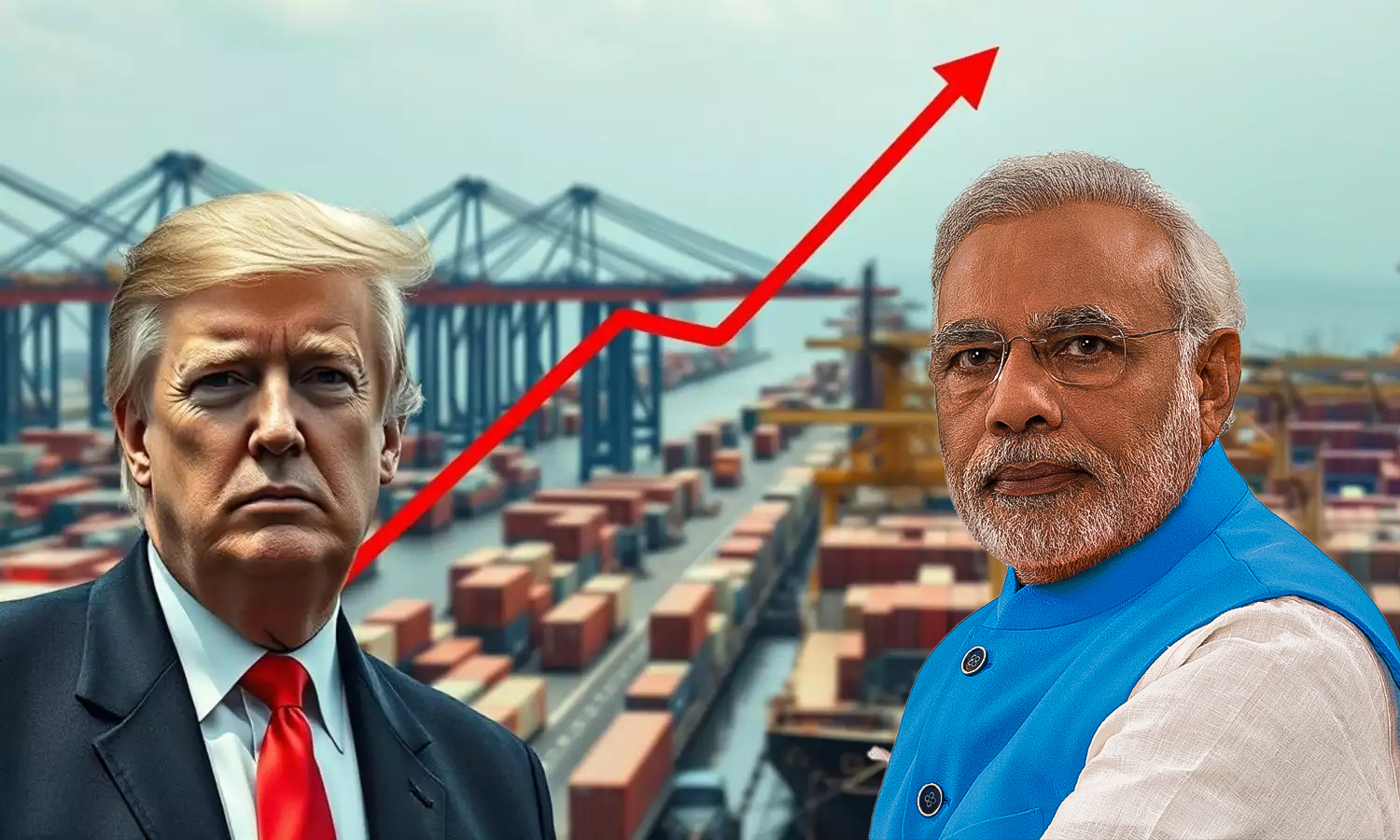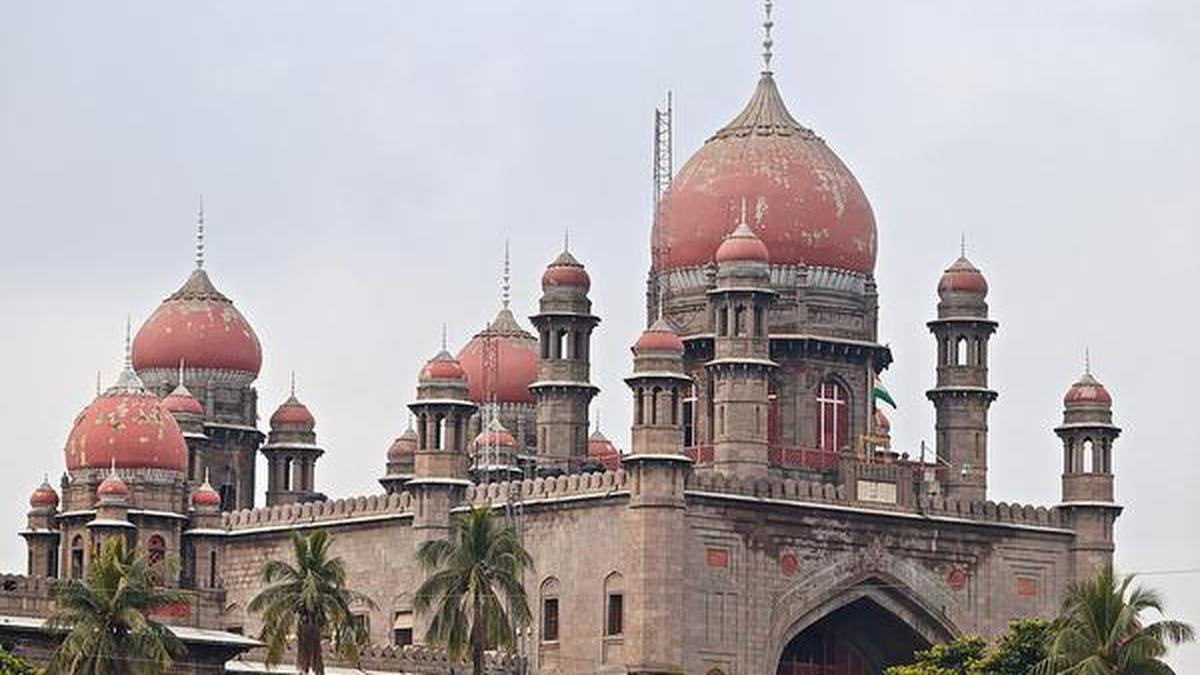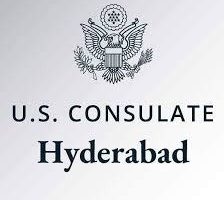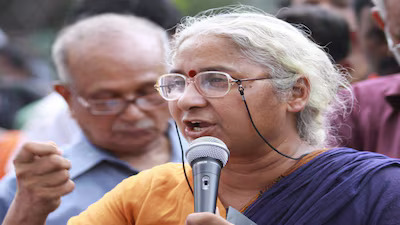India Chooses Strategy Over Retaliation Amid Trump’s Tariff Hike

India Chooses Strategy Over Retaliation Amid Trump’s Tariff Hike: Officials Reveal Inside Track
As global markets reel from the shock of US President Donald Trump’s 26% tariff on imports from Asia, India has opted for a strategic, non-retaliatory path. According to a Reuters report, citing unnamed government officials, New Delhi has no immediate plans to impose counter-tariffs in response.
An Indian government official, speaking on condition of anonymity due to the sensitivity of ongoing trade negotiations, said that Prime Minister Narendra Modi’s administration is closely examining a clause in Trump’s tariff order. This clause allows for possible relief if a trading partner is seen to be making “significant steps” toward resolving non-reciprocal trade arrangements — something India is aiming to leverage.
India, the official added, is seeking to position itself ahead of regional competitors like China, Vietnam, and Indonesia — countries that have been hit harder by the tariff hike. New Delhi views its early engagement with the US on a trade deal as a strategic advantage in the current economic landscape.
A second government official echoed this sentiment, noting that India’s proactive discussions with Washington could serve as a buffer, setting it apart from other Asian economies still grappling with the impact of the tariff move.
In aligning with countries like Taiwan and Indonesia, India has decided not to introduce retaliatory tariffs — a move that contrasts with the European Commission’s stance, which is reportedly preparing fresh duties on American goods in response to China’s countermeasures.
To break the impasse, India and the US reached a consensus in February to finalize an early trade agreement by autumn 2025, a deal that both sides hope will ease tensions and foster greater economic cooperation.















